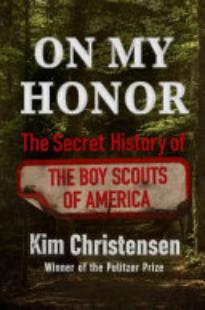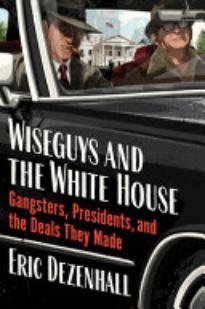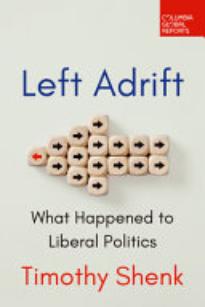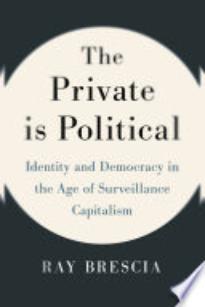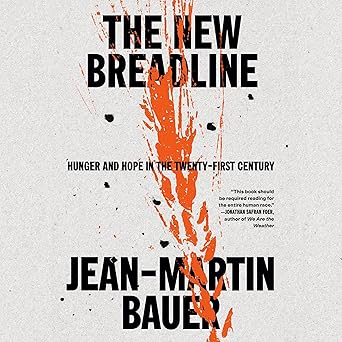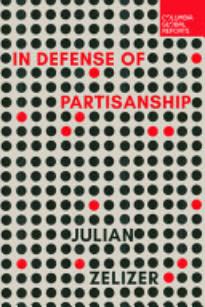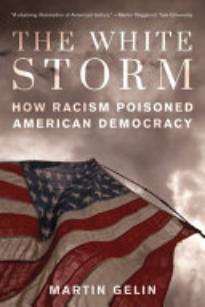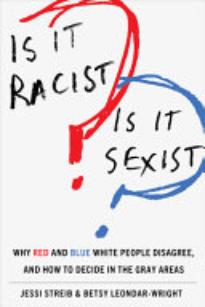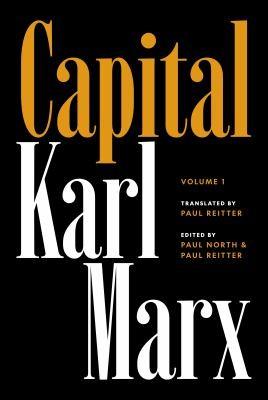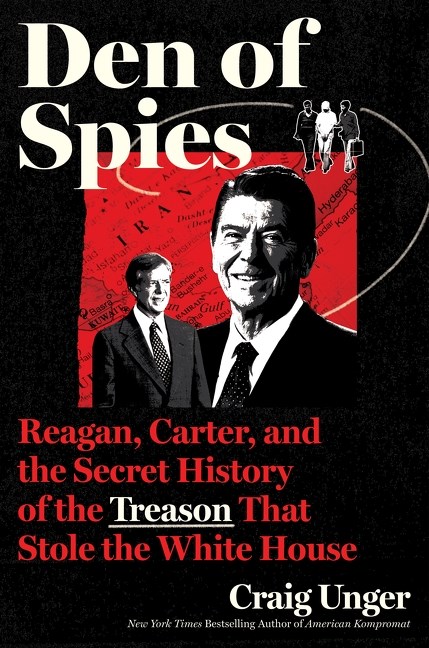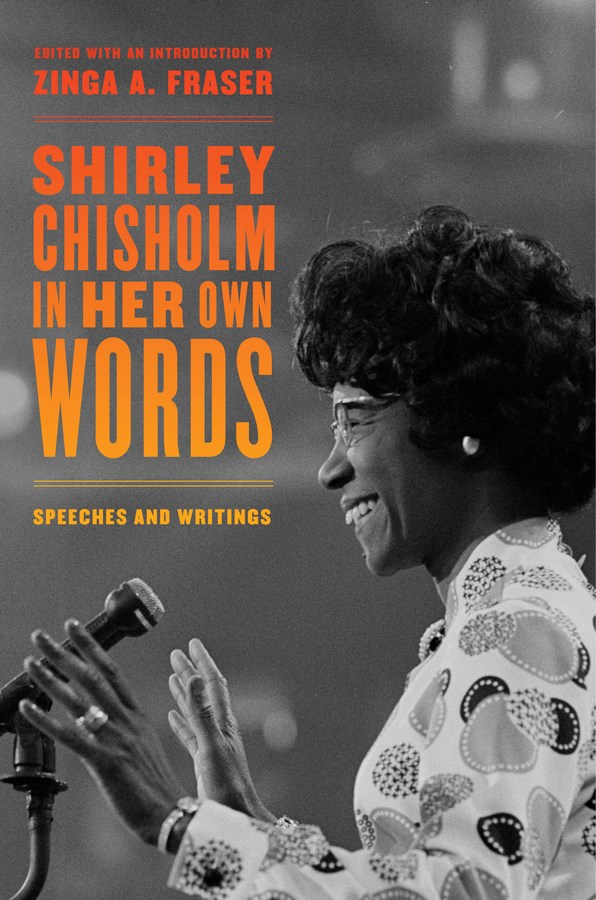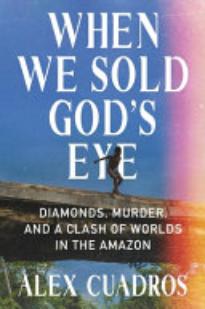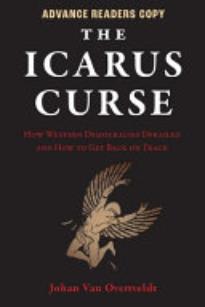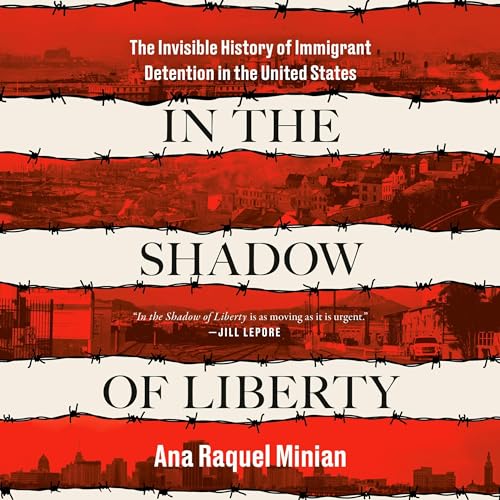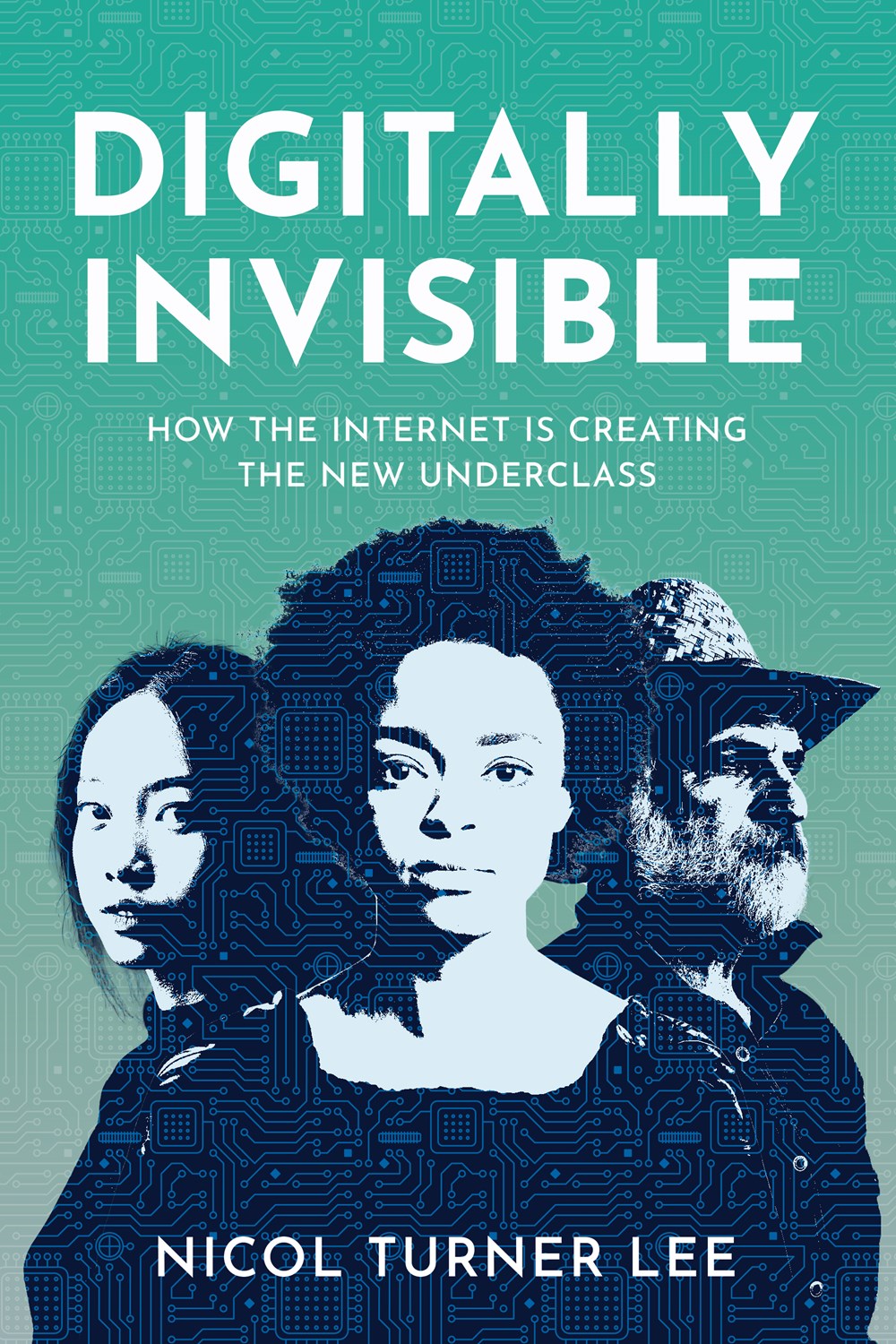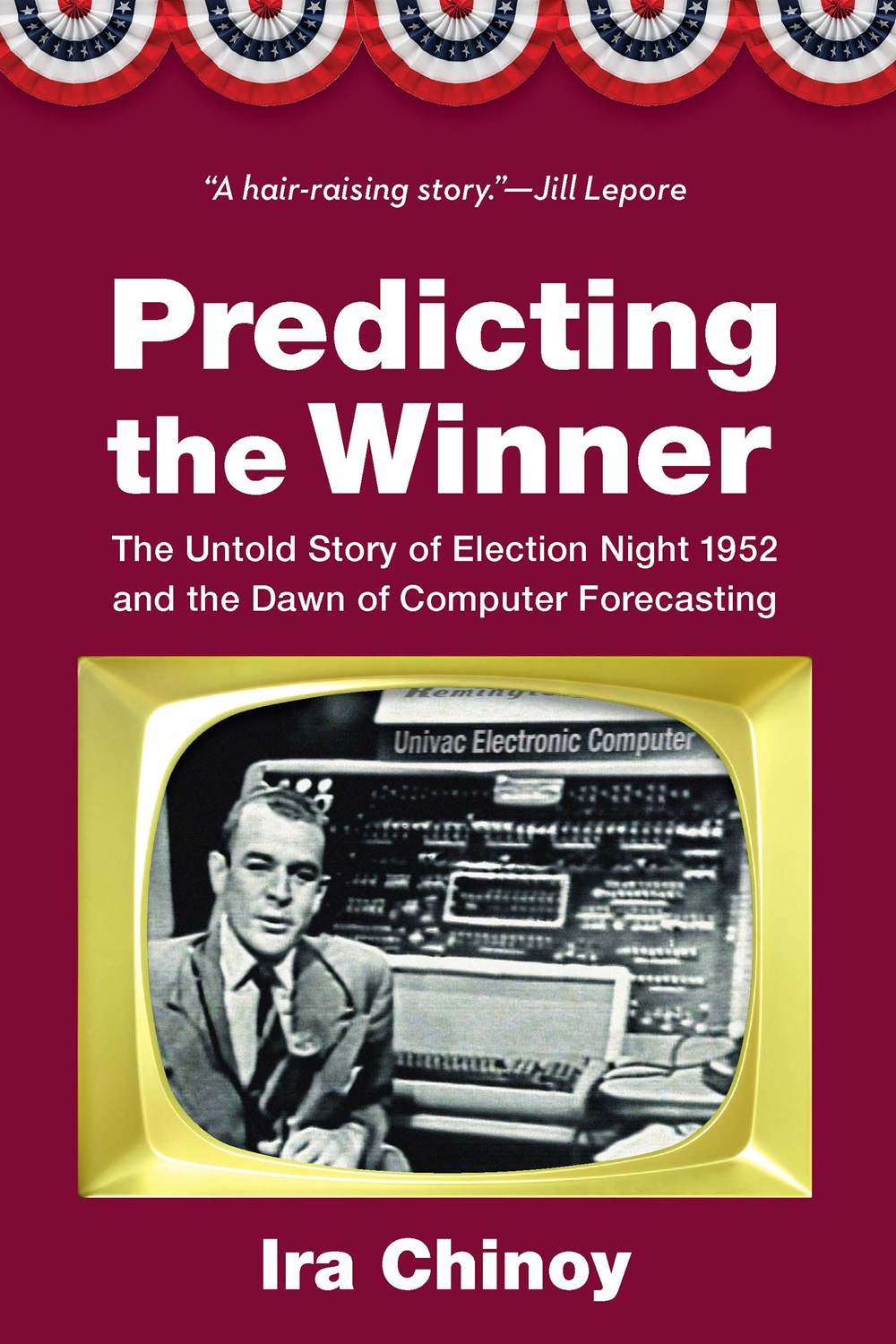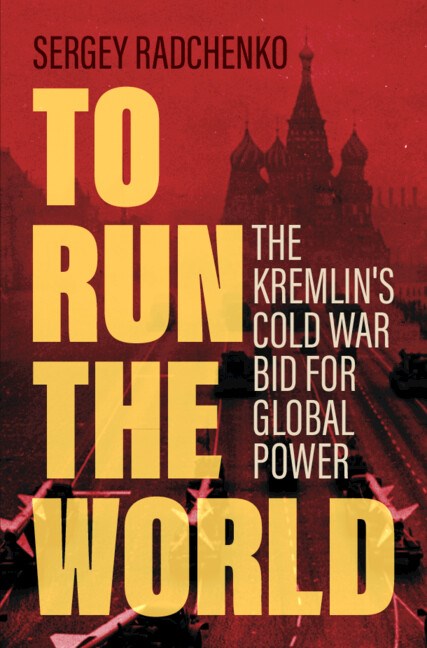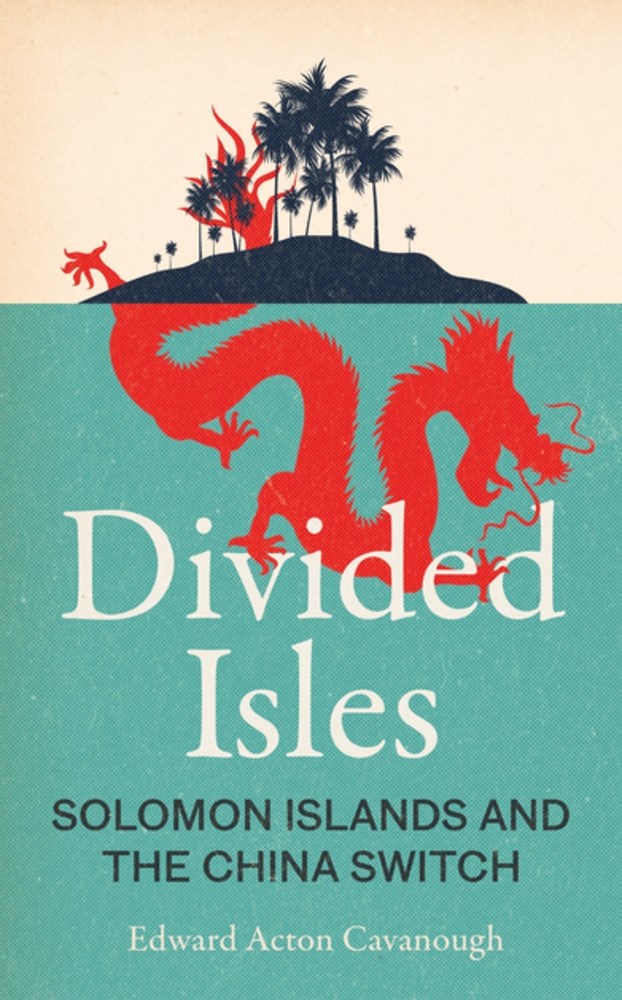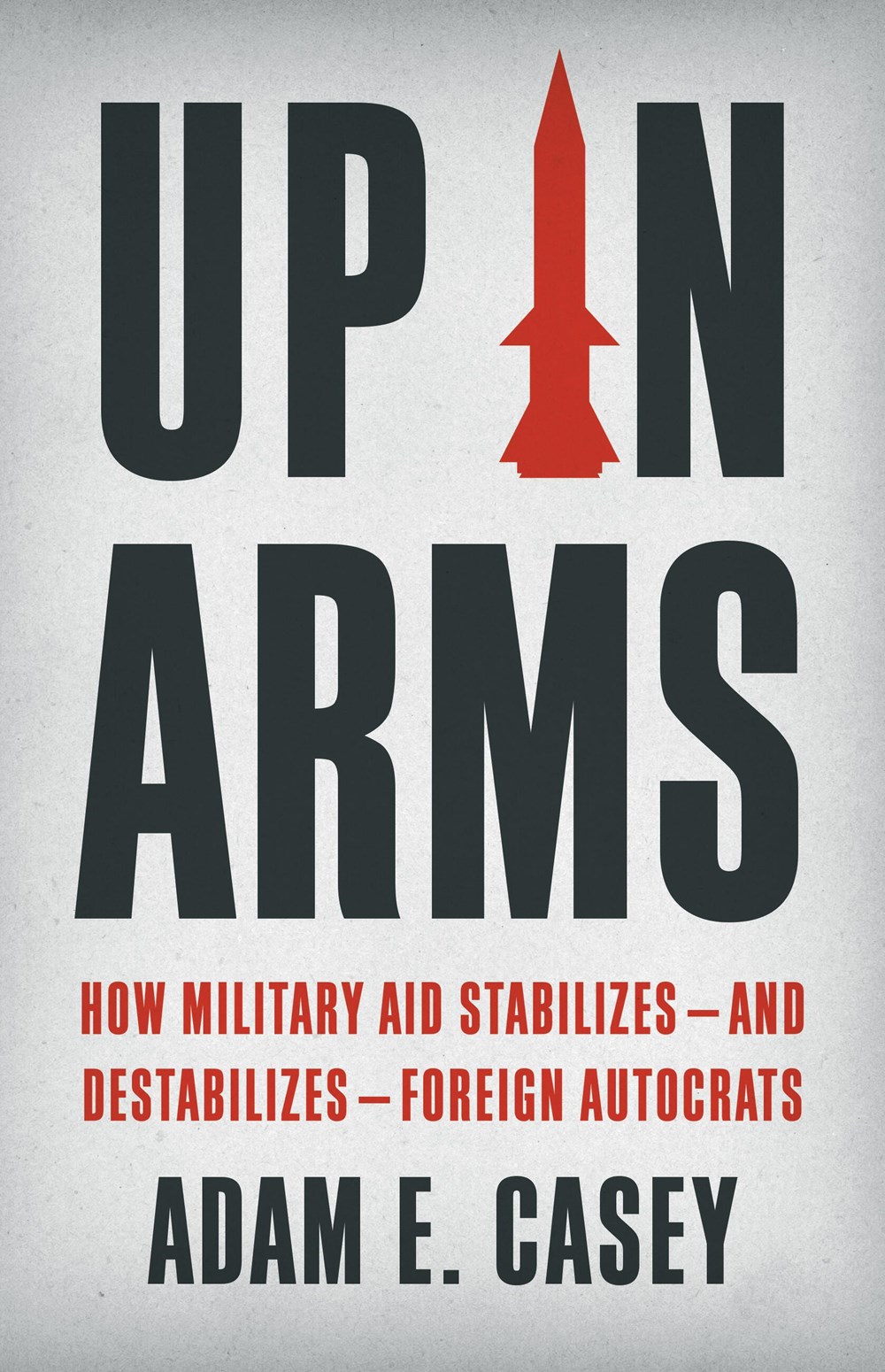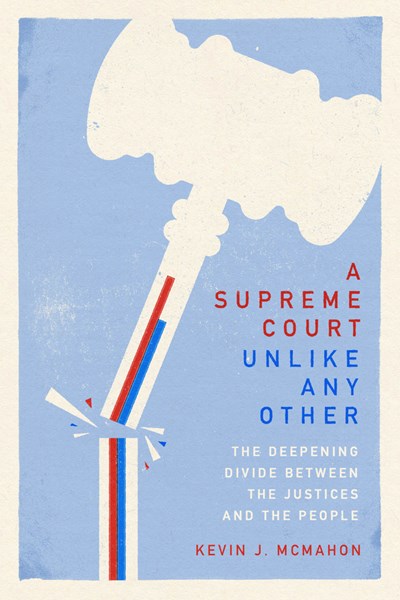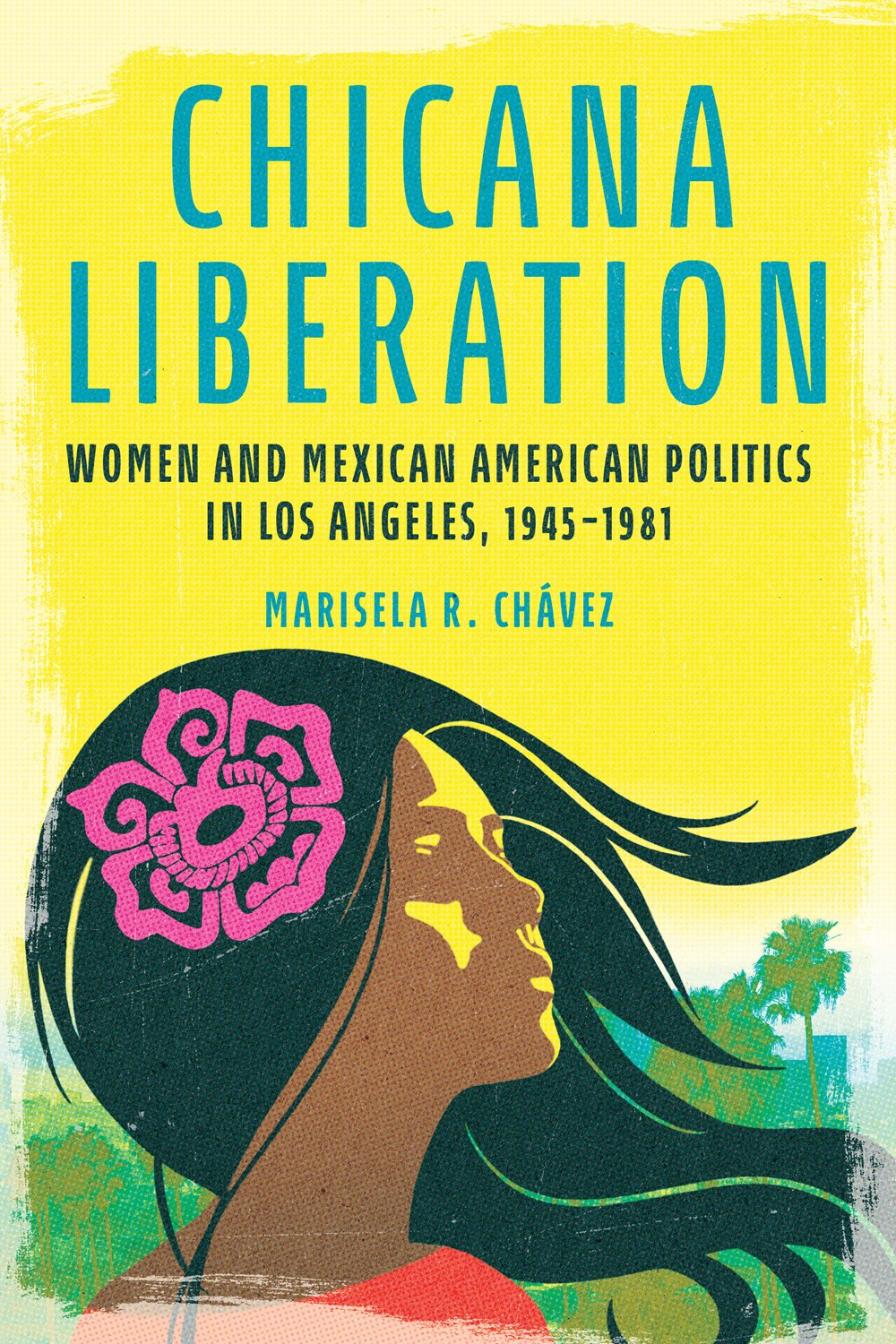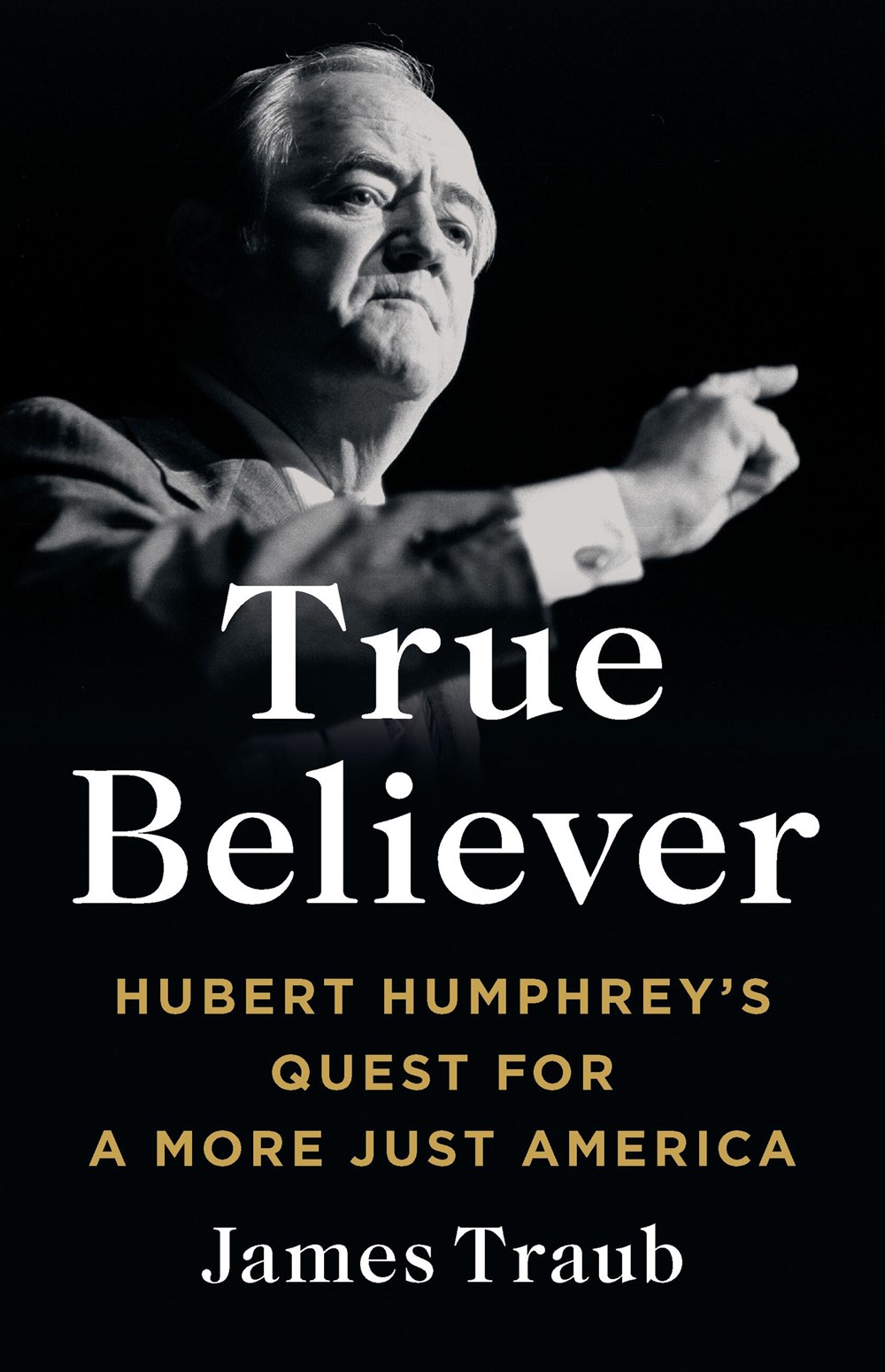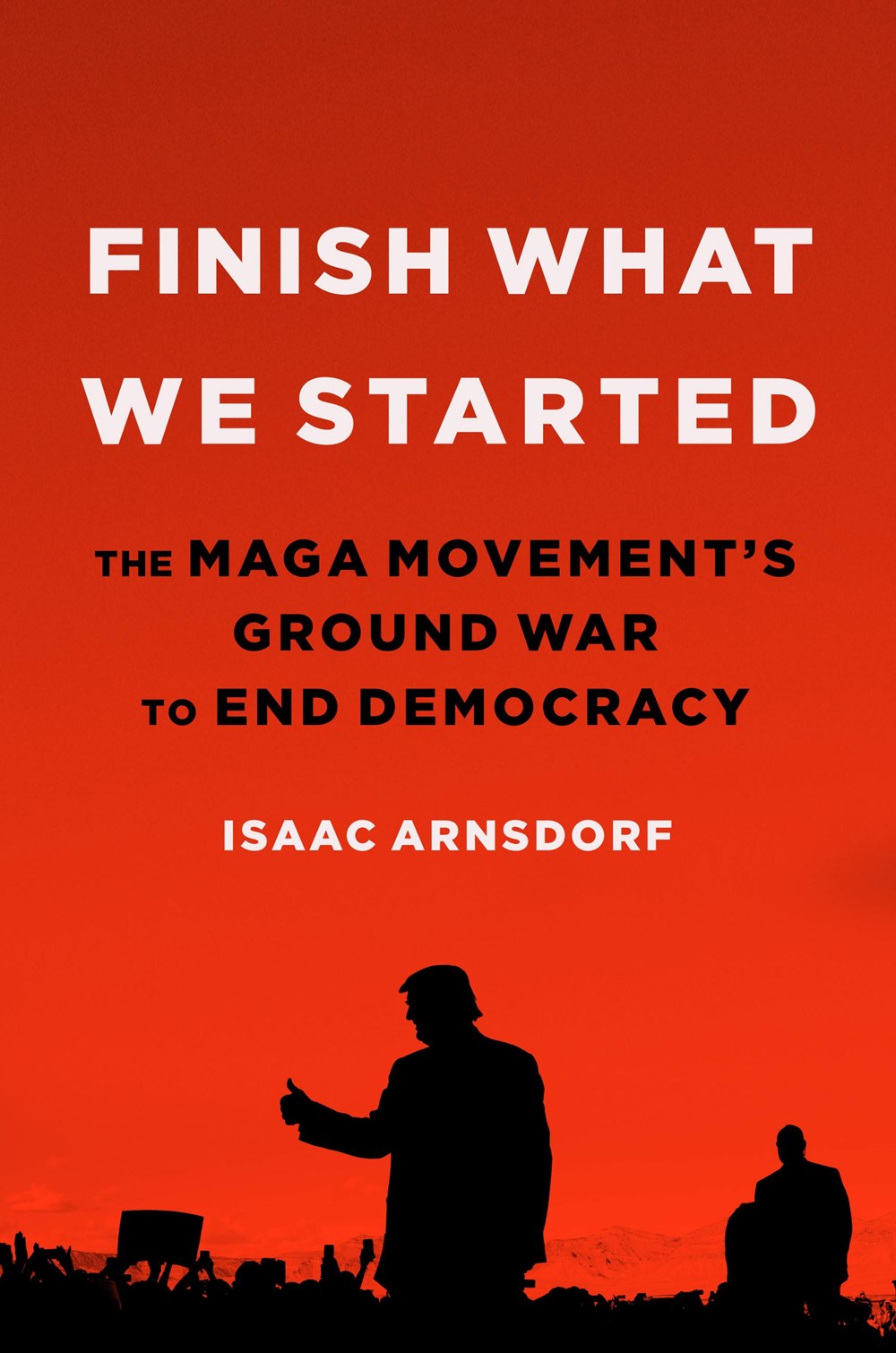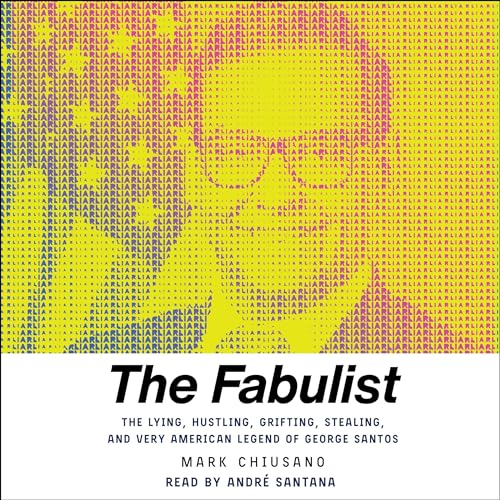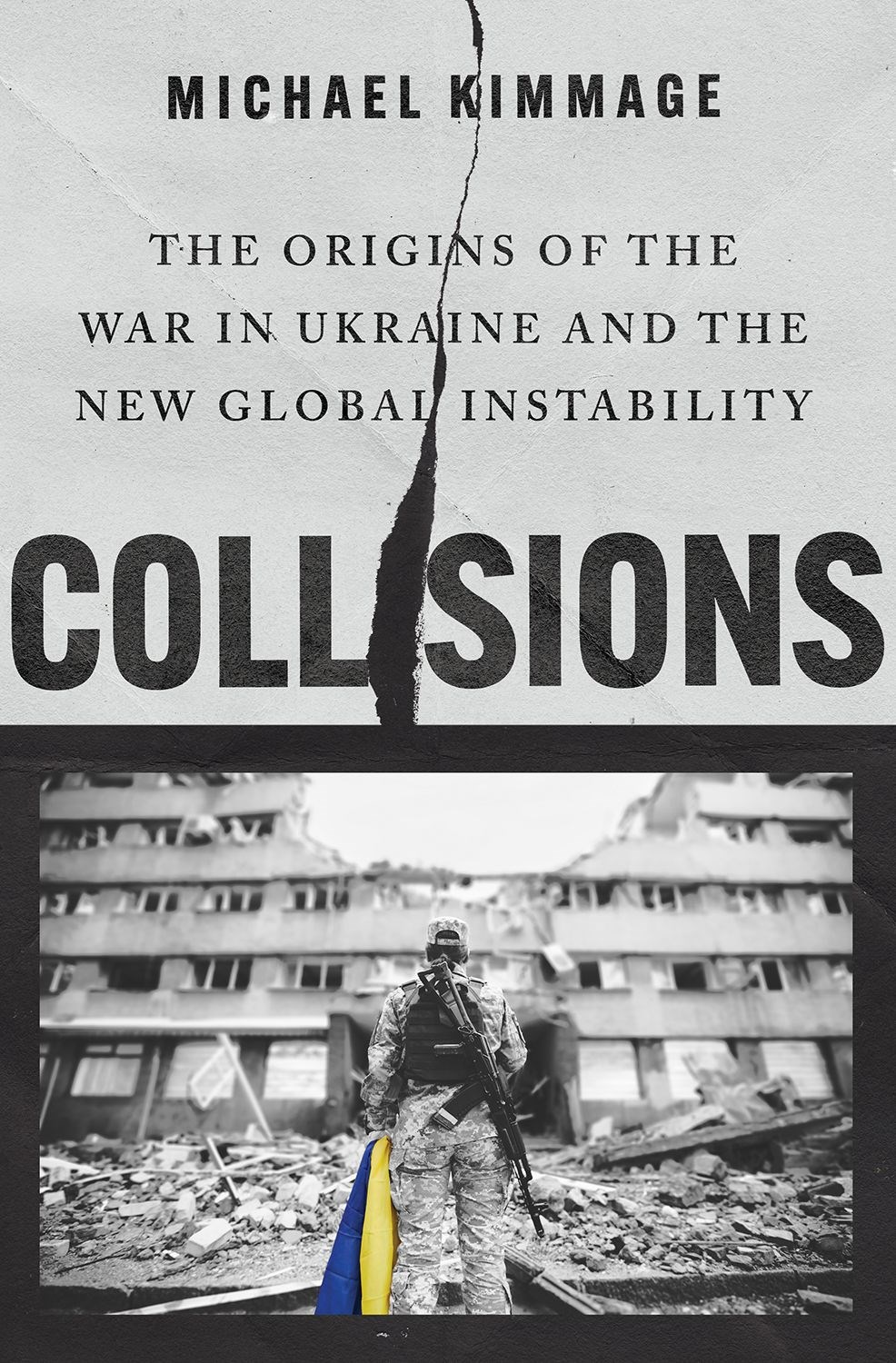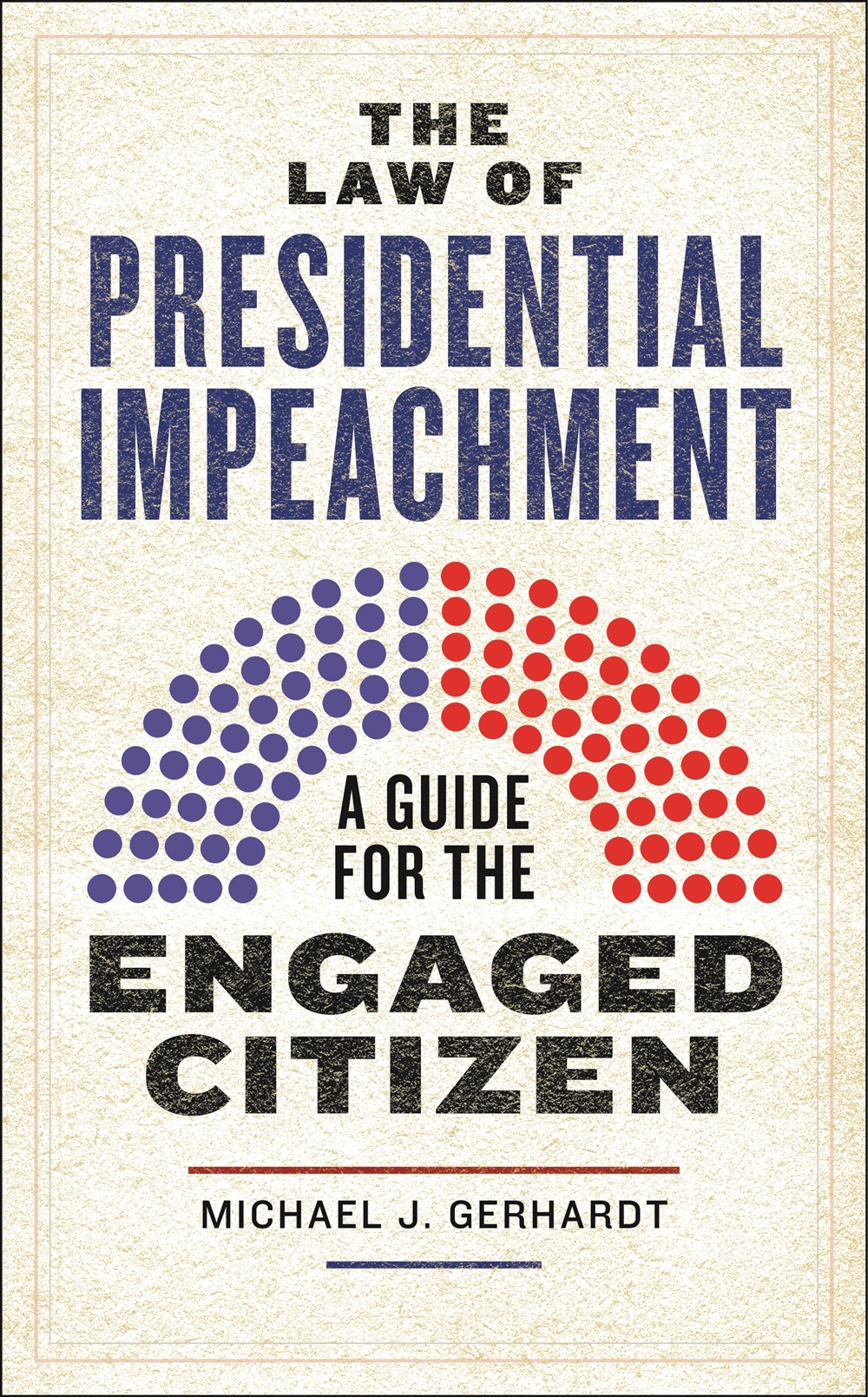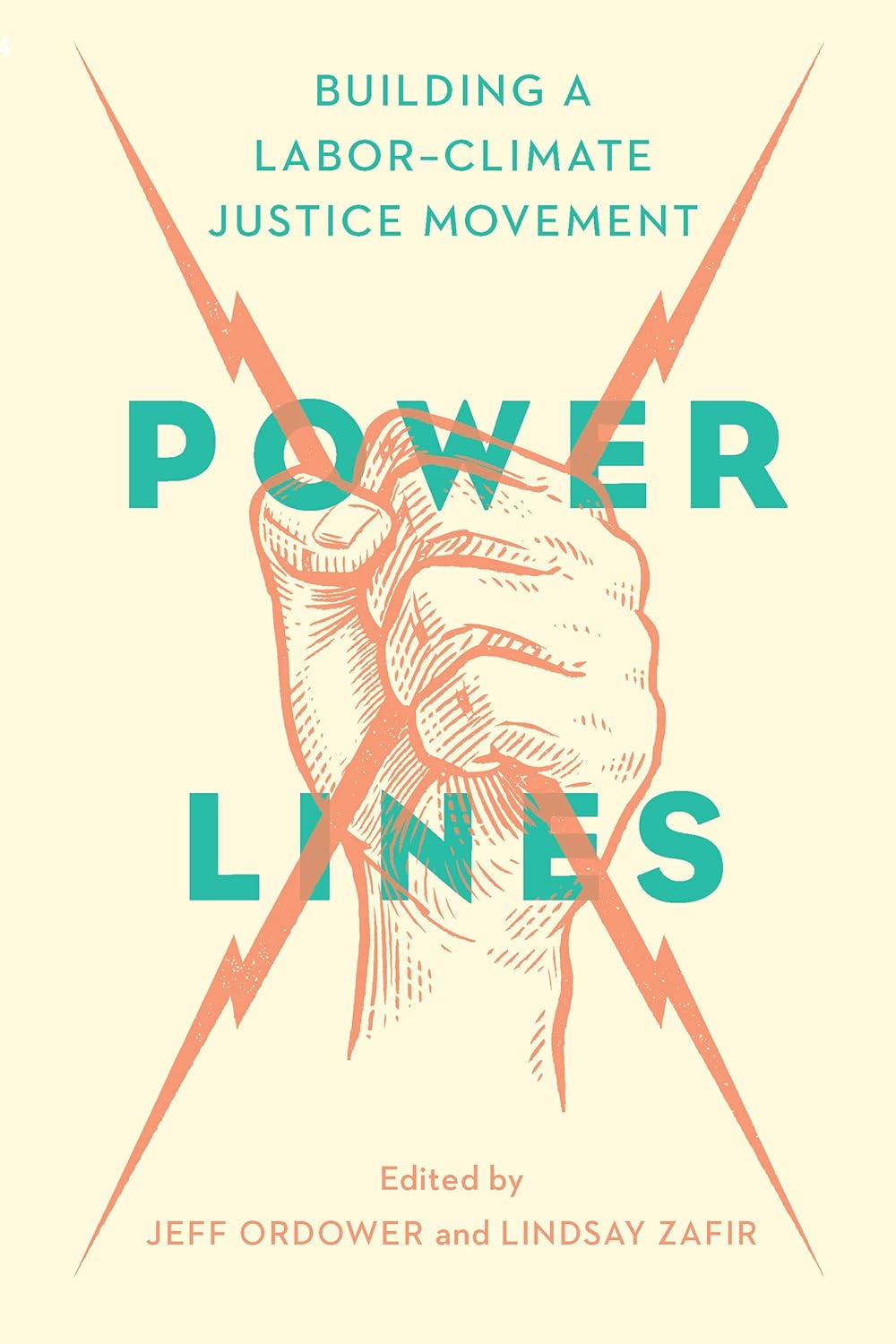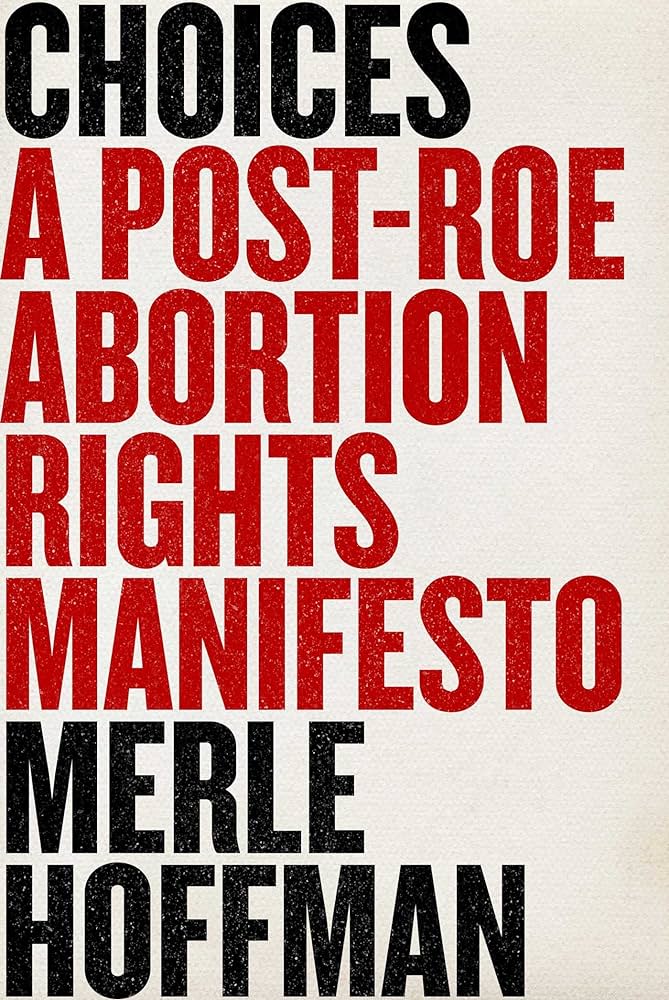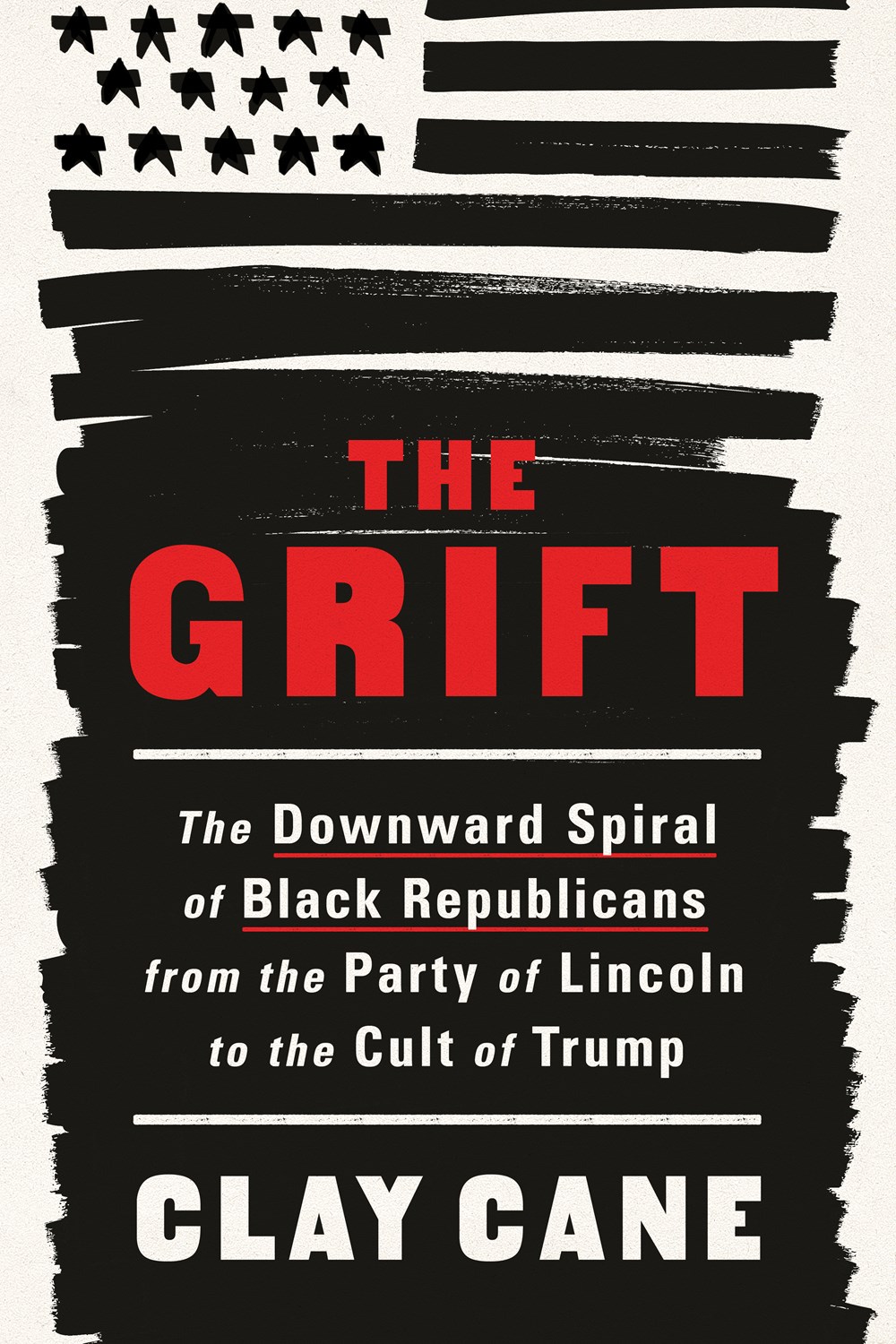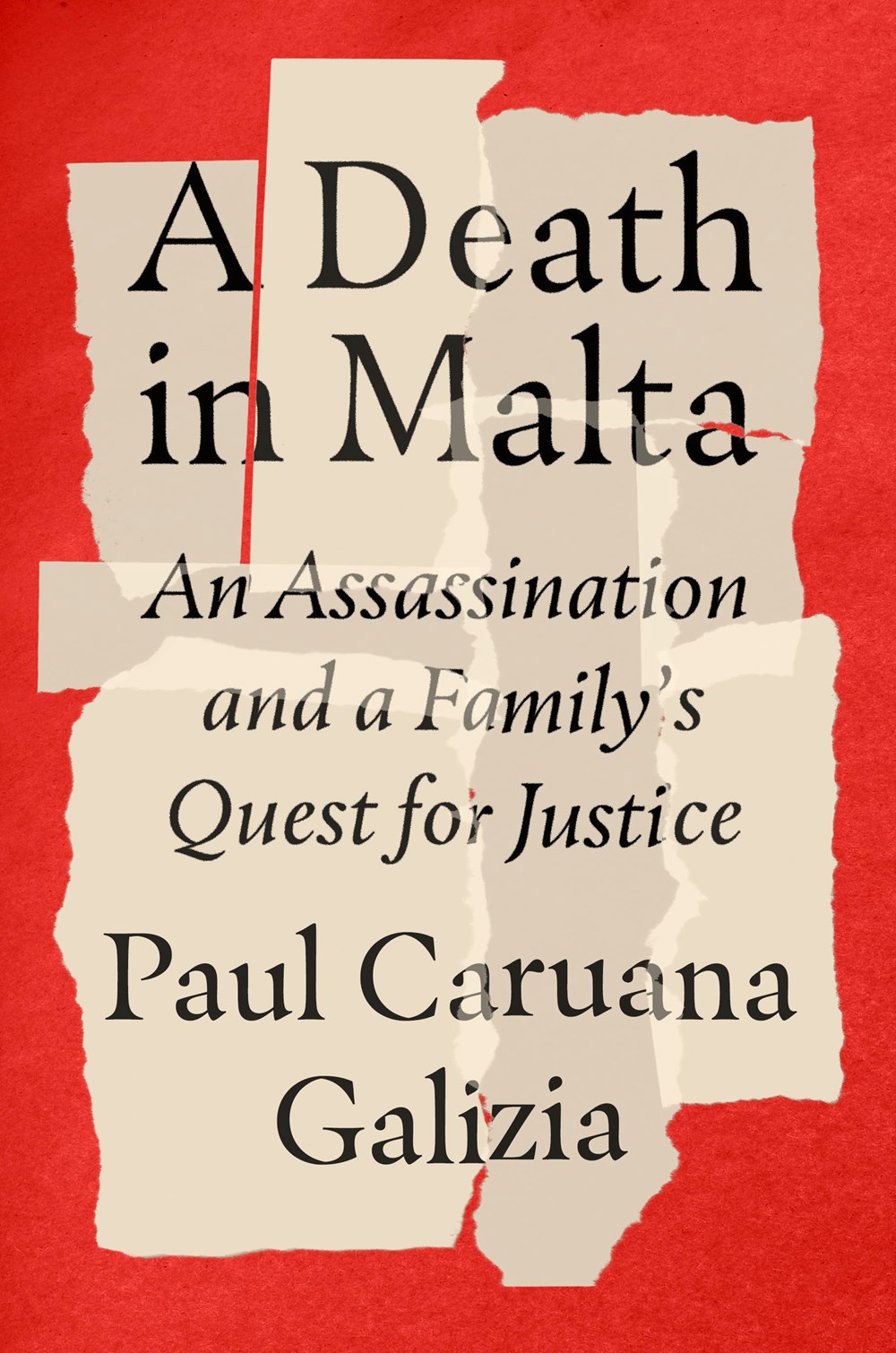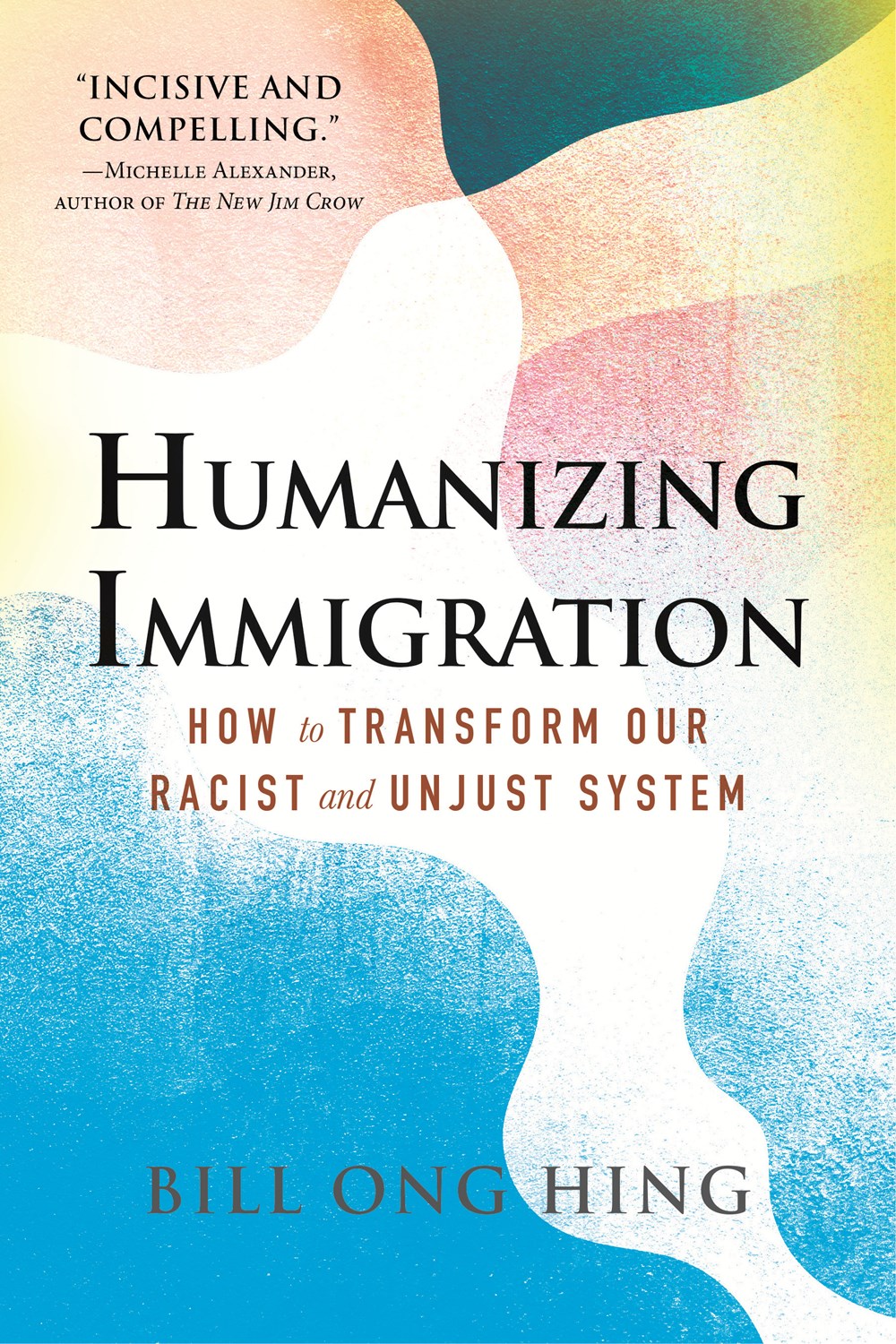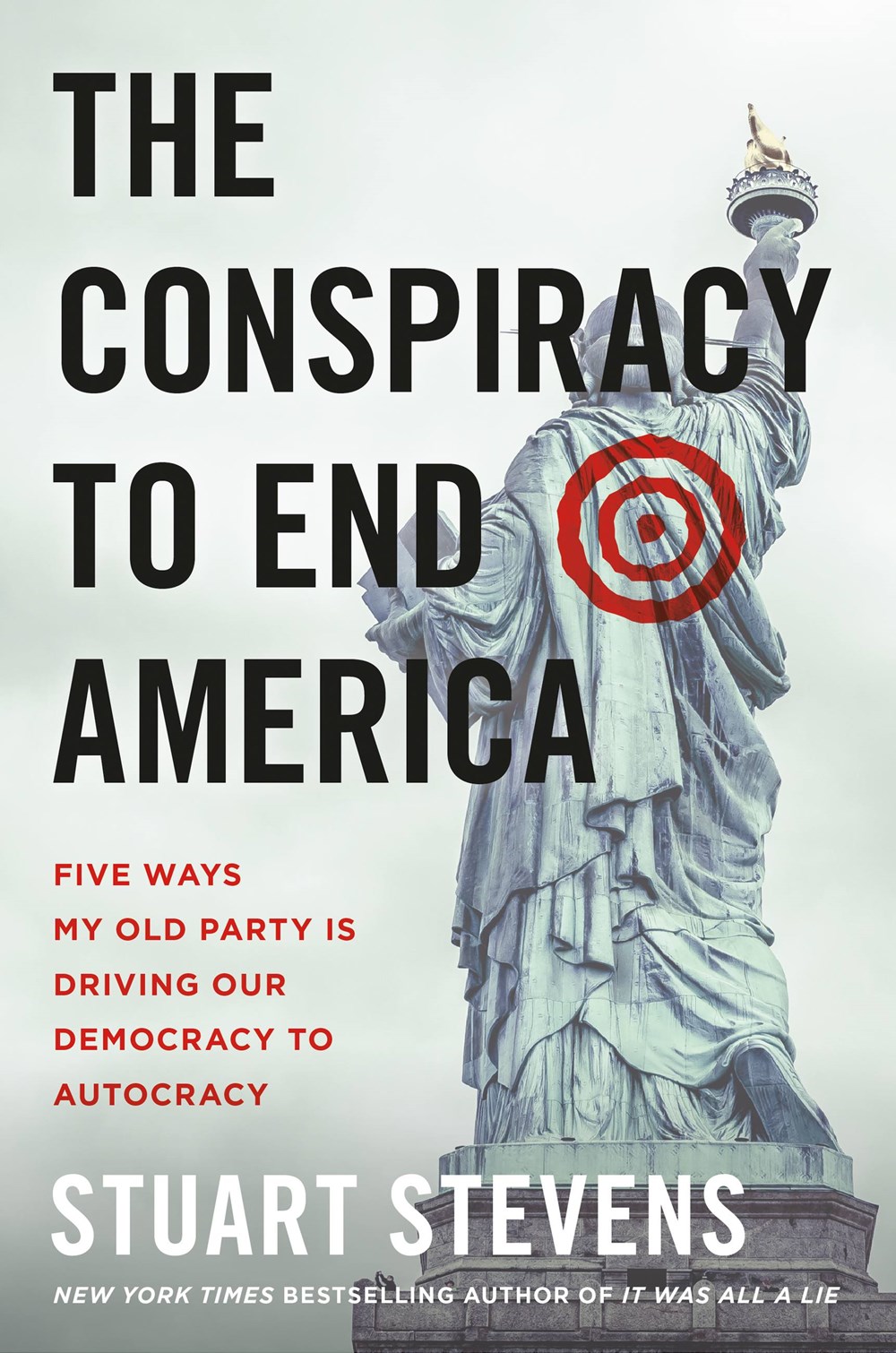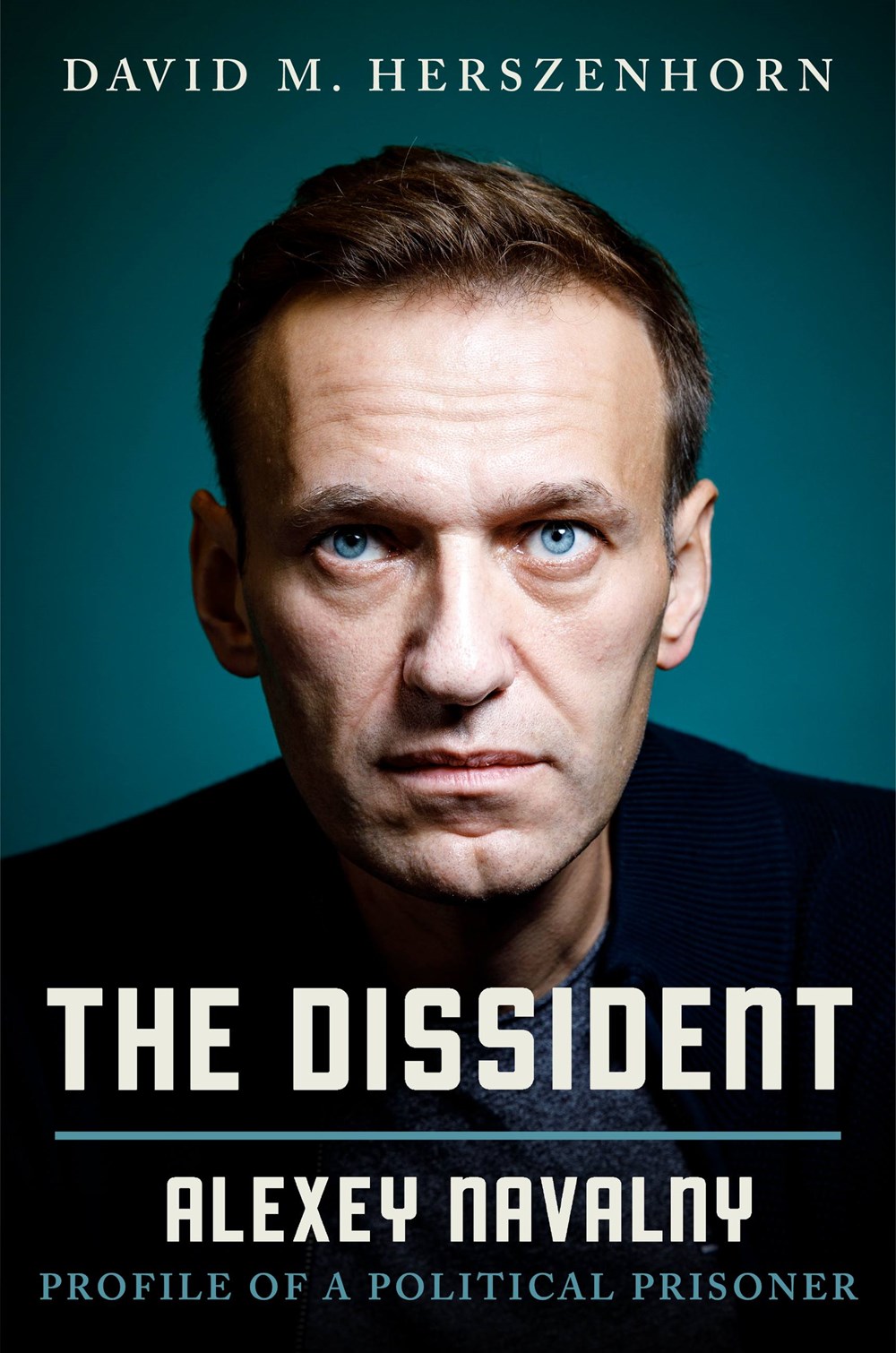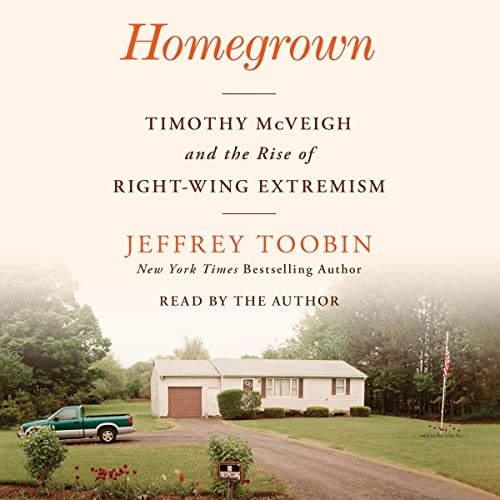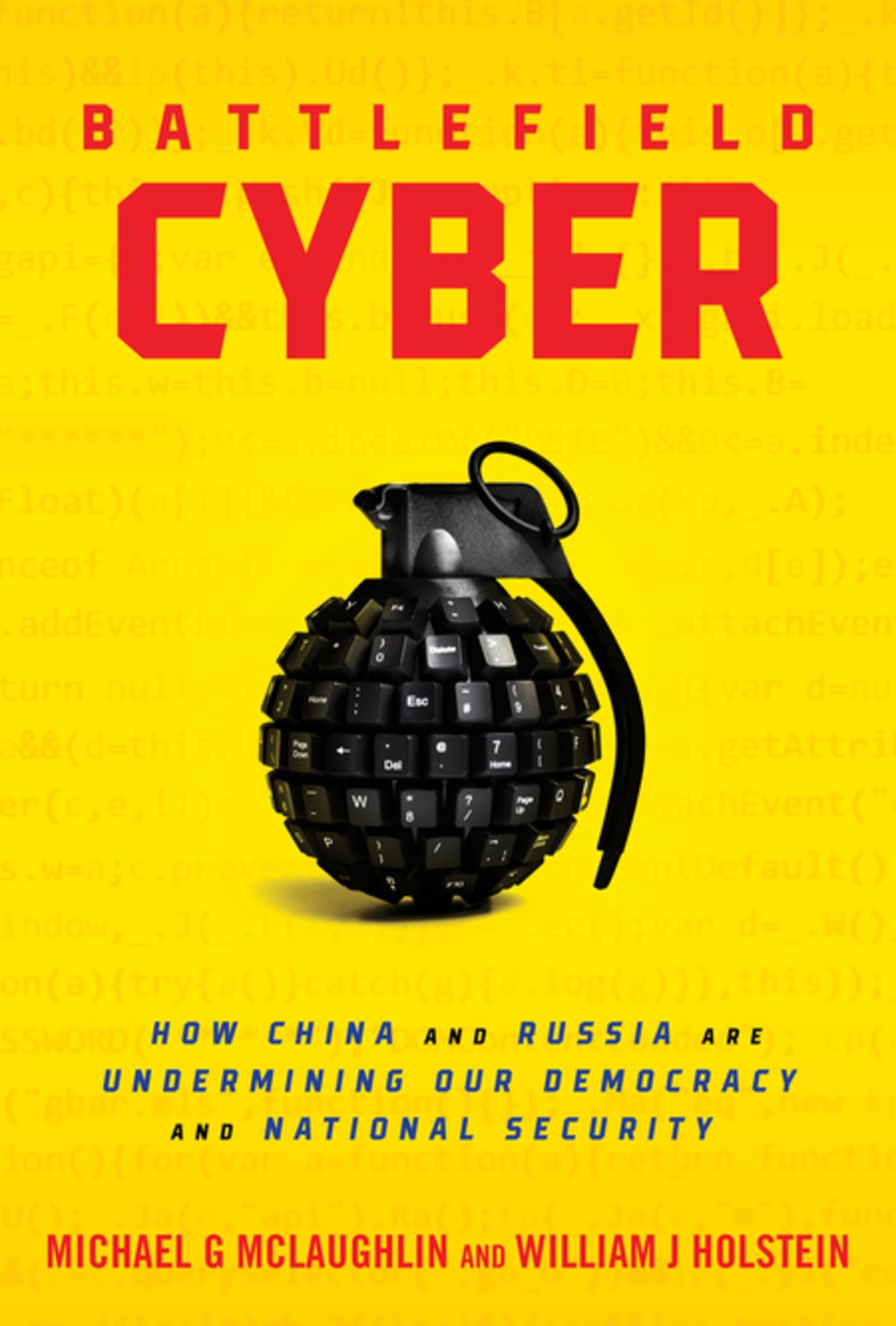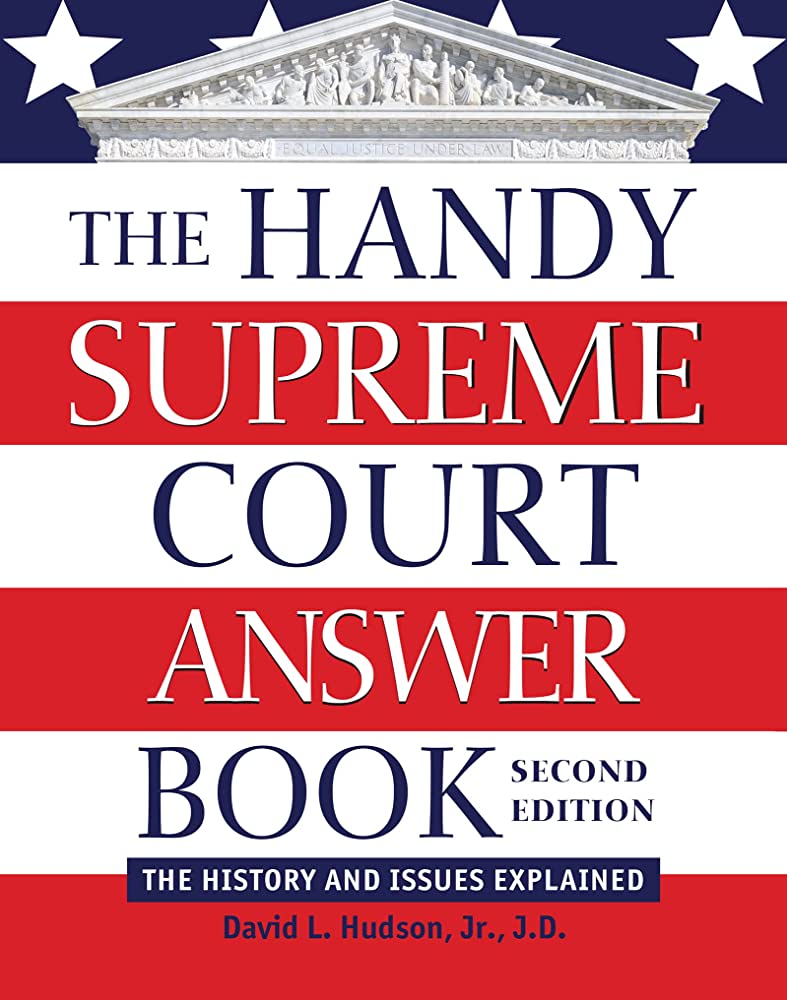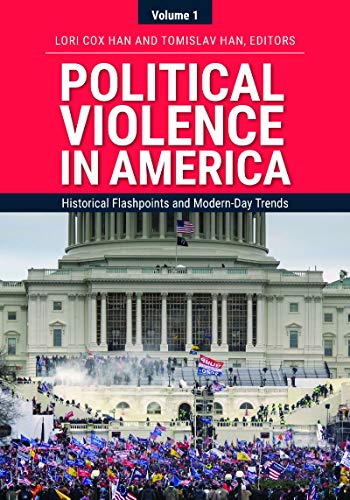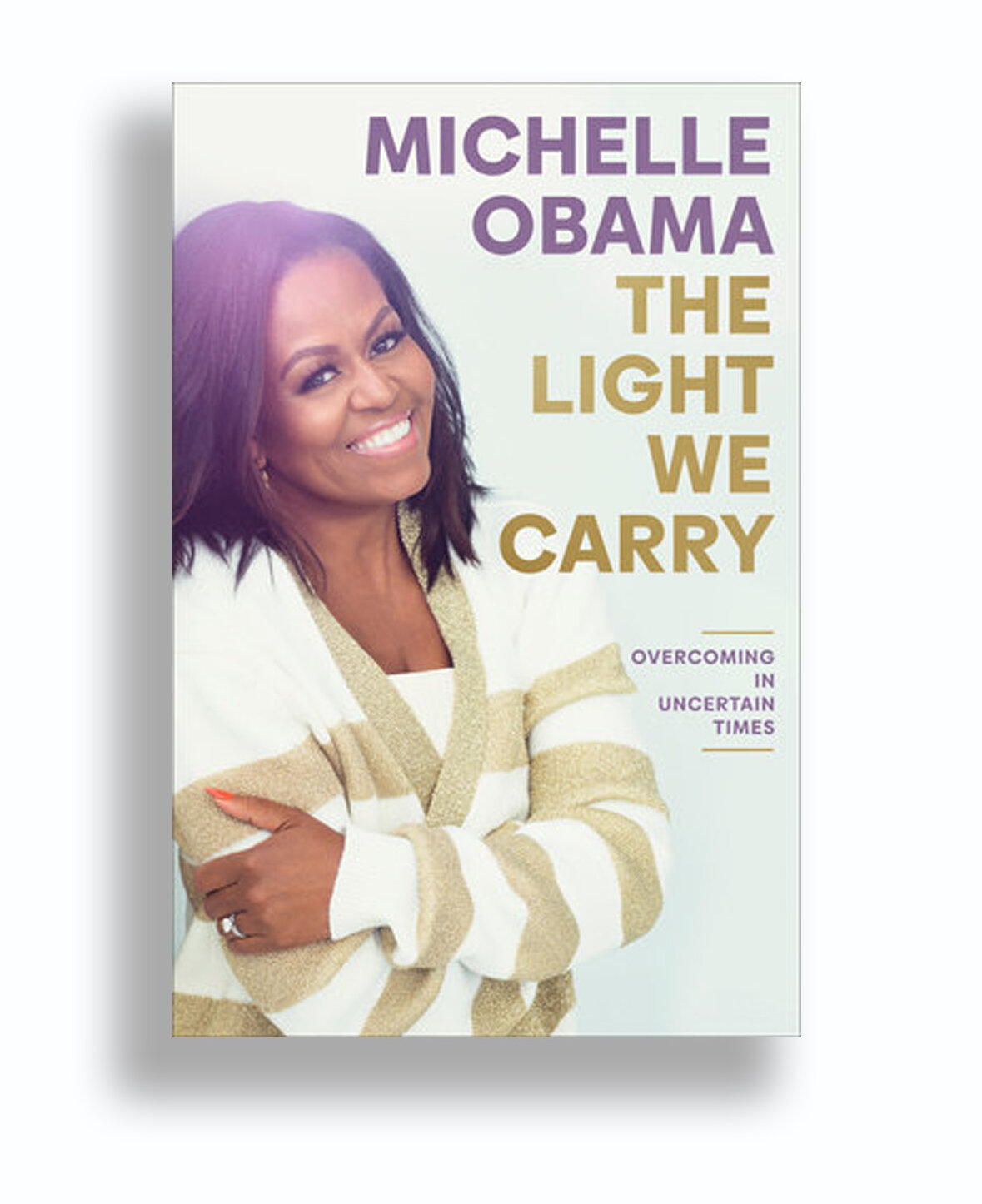Related
A deeply unsettling book that is well suited to readers of books about social injustices and history.
Dezenhall’s perceptive analyses of each president are laced with a wry sense of humor, which makes this work accessible to a wide audience.
Shenk’s sobering but unsurprising conclusions will appeal to readers looking for answers after the 2024 U.S. elections.
Bauer accessibly, if bleakly, conveys the scope of today’s global food crisis and recommends the systemic change necessary to solve hunger. Recommended for larger collections, both public and academic.
PREMIUM
We the Poisoned: Exposing the Flint Water Crisis Cover-Up and the Poisoning of 100,000 Americans
Listeners will find this a disturbing, eye-opening, cautionary tale, and it is a worthwhile purchase for libraries.
PREMIUM
In Defense of Partisanship
This useful and timely study can serve as a textbook for American government courses and for politically engaged citizens.
An outstanding translation of one of the most important and influential books of the last 150+ years. The quality of editing, the copious explication, and the stellar supporting documents result in a translation that will be definitive for decades. Serious readers with extensive knowledge of economics, political science, philosophy, and theory will benefit most from this rendition, but novices will be able to follow along too.
PREMIUM
Den of Spies: Reagan, Carter, and the Secret History of the Treason That Stole the White House
A valuable book in which Unger reveals the long lasting repercussions of this October surprise on American and Iranian public life.
This introduction to Chisolm’s writings and speeches is enlightening, highly relevant, and well-crafted.
Cuadros offers a sympathetic, nuanced portrayal of the Cinta Larga people and their modern history; recommended for all libraries.
Nuanced, yet filled with accessible arguments backed by considerable research, data, and personal experience, this highly recommended and insightful title is well worth readers’ time. It calls for democracies to make the choices that will yield positive results for its citizens.
Citizens interested in the far right’s takeover of some parts of local law enforcement in the U.S. will be enlightened.
While this is largely a work of urban history, it will also appeal to readers interested in understanding the intersection of city, state, and federal policies (and funding).
PREMIUM
The Impeachment Power: The Law, Politics, and Purpose of an Extraordinary Constitutional Tool
Highly recommended for any reader interested in American government and politics.
A powerful, necessary read and crucial contribution to the conversation on hunger and inequality that demands to be read with an open mind and a compassionate heart. It offers a fair, unflinching examination of the structural forces that drive hunger in the United States.
A fascinating and alarming look at authoritarian cooperation. Will appeal to readers interested in political science and the preservation of democracy.
A horrific and galvanizing look into the hidden side of immigrant incarceration, highly recommended for listeners interested in social activism, politics, and immigration policy.
An unflinching, sobering, and essential read, filled with first-person narratives and reflections that offer an urgent warning about the fragility of democratic institutions in the face of rising extremism in the United States and around the world.
Librarians and educators will find this thorough and outstanding resource about misinformation highly useful for community activists and students.
Chemerinsky’s expertise enhances this examination of the Constitution and benefits readers concerned about the current state of U.S. politics.
This thorough narrative rethinks the digital divide from the lens and considerations of race and place. It’s sure to inform debates and directions in public policy, industry, and civil society, including libraries.
A worthy addition to the growing body of literature about the current state of U.S. politics. Pairs well with Sarah Posner’s God’s Profits: Faith, Fraud and the Republican Crusade for Values Voters and Maggie Haberman’s Confidence Man: The Making of Donald Trump and the Breaking of America.
This title showcases Chinoy’s capacity for meticulous detail, fascinating research, and strong sources. Readers who study the intersection of politics and technology will relish this book.
A remarkably balanced, brilliant, ambitious, durable work of scholarship, combining histories of the Cold War with Soviet foreign policy. A good read-alike is Adam Ulam’s Expansion and Coexistence: The History of Soviet Foreign Policy, 1917–67.
Highly recommended for readers interested in diplomacy with China and international relations in general or the politics and history of the Solomon Islands in particular.
A work of impressive scholarship. Will appeal to readers seeking to understand the unraveling of U.S. politics.
A valuable analysis of how military aid to other countries can hinder dictators as much as it can help them.
An eye-opening and exhaustive look at the U.S. Constitution. This book will reward readers’ tenacity and enlighten academics, policymakers, and civic-minded Americans alike.
McMahon’s exemplary ability to explain the changes in party politics, ideologies, and political practices helps readers to visualize the monstrous philosophical gap between the judges and their electorate. This confirms his thesis that judicial independence is creating judicial isolation, to the detriment of the country. The book will appeal to voracious consumers of political thought and current events.
Readers concerned about the future of democracy in the U.S. will find considerable value in this holistic, historical approach to current threats.
A flattering look at a liberal political figure. Fans of American political history will appreciate this one.
This eye-opening, often terrifying (for democracy advocates) debut work is rich with political history and recent case studies. Highly recommended for readers wanting to understand how millions of Americans have been swept up in the MAGA universe.
PREMIUM
The Fabulist: The Lying, Hustling, Grifting, Stealing, and Very American Legend of George Santos
Chiusano’s case study succeeds in revealing the roots of Santos’s shameless behavior and never-ending lies. This account of how an accomplished scammer rose in national politics is both compelling and sickening. Highly recommended, and an essential purchase for all New York libraries.
Parents and child-welfare professionals will benefit from this excellent work that gives an insider’s view of child protective services. Pair with We Were Once a Family by Roxanna Asgarian.
Essential for readers interested in international relations, current events, and competition among the world’s superpowers, especially in regard to advanced technology.
A thorough, recommended critique of geopolitical business-as-usual and its effects on emissions. The book also contains some guarded optimism about the rapid global spread of renewable power generation.
A compelling and detailed account that reveals some little known facts and a deeply sobering analysis of Putin’s invasion of Ukraine, its consequences for Russia, and the many assumptions about European security.
This highly recommended book focuses on middle- and lower-income people who do not have millions in their retirement accounts and who are particularly concerned about the retirement possibilities that their children and grandchildren will have. It nicely updates Dora L. Costa’s The Evolution of Retirement and will appeal to fans of Jessica Bruder’s Nomadland.
PREMIUM
American Woman: The Transformation of the Modern First Lady, from Hillary Clinton to Jill Biden
A thoughtful and recommended exploration of the often-contradictory office of U.S. First Lady. General readers interested in learning more about Jill Biden will especially enjoy this title.
Fascinating. Powerful. Important. This book is an illuminating profile of Zelensky’s courage and an expert study of the fraught relationship between Russia and Ukraine.
PREMIUM
What Work Is
A solid book and analysis about labor conditions and feasible ways to improve it. This would make a welcome addition to collections.
A clear and comprehensive primer about the culture and values required to operate constitutional government as the country’s founders intended. This is, indeed, an imperative read for engaged citizens.
A positive look at how using organized labor strategies has proven beneficial in environmental organizing efforts. A welcome addition to academic collections, especially programs with a focus on organizing labor or environmental networks.
A timely look at the state of the pro-choice activist movement. Recommended for readers interested in abortion access and activism.
Listeners won’t want to miss this timely and troubling account of the reportedly ruthless woman poised to take control of a brutal and dangerous regime.
Will likely be a popular selection as the 2024 election draws near. It will also be of interest to those teaching civics and journalism.
This scholarly examination of Xi’s leader-driven ideological revolution will appeal to readers interested in current-day China, especially Chinese political philosophy.
PREMIUM
The Grift: The Downward Spiral of Black Republicans from the Party of Lincoln to the Cult of Trump
A timely addition. Cane covers a lot of ground in this title about several politicians, especially Black Republicans, and makes an enormous effort to cite multiple resources, which lean toward popular versus academic sources, such as encyclopedias, websites, and newspapers. But some readers may believe he falls short of substantiating all his claims and may disagree with the labels that he applies to those with opposing views.
This narrative will make a good addition to both public and academic libraries, especially institutions with journalism programs.
A timely title that humanizes immigration and offers readers a deep understanding of the processes involved in seeking asylum and fighting deportation. It also clearly and expertly shows how specific enforced laws contribute to institutional racism.
Some readers may find that Stevens, like many others who attack a political party, does more harm than good by encouraging more division in an already divided and disconnected country. Limited general interest for this book.
Herszenhorn expertly portrays Navalny as a resilient figure and as a “prisoner of conscience” who evolves from a crusader to a political leader symbolizing democratic Russia.
PREMIUM
Timeline of the British Monarchy
A compact and engaging recounting of British monarchs past and present, suitable for middle school readers and up.
This book by an author who exemplifies patriotism will remind readers of the need to expose those who try to subvert democracy for their own benefit.
Relevant for many disciplines such as philosophy, political science, sociology, and more. An essential purchase for college and university libraries.
This groundbreaking survey is essential reading for policymakers, students, and practitioners of international politics, business, and economics.
Grimly witty but also deeply unnerving, listeners will be on the edge of their seats. This is a winner for public libraries.
Toobin’s authoritative chronicle, which allows the facts to speak for themselves, is as unsettling as it is powerful. A timely and impressive account of the roots of domestic terrorism.
This audio will interest listeners seeking well-researched, issue-oriented nature nonfiction. A worthwhile purchase for most libraries, but the appeal is more niche than universal.
Funny, honest, relatable, and smart, this audiobook will enhance any library’s political science or memoir collection.
A guarded but optimistic vision for saving democracy. Best for readers who are concerned about the future of the U.S.
Carlson’s study pairs well with Matthew Lacombe’s Firepower, Michael Waldman’s The Second Amendment, and A Right To Bear Arms??, edited by Jennifer Tucker. An intriguing work that is highly recommended, particularly for large public and academic library collections.
Still, the confirmed successes of Chinese and Russian cyberwarfare make this book a gripping and highly recommended read.
The cursory mentions of COVID and social media as a purveyor of misinformation aren’t enough to keep this text relevant. Only for those interested in the archaeological roots of misinformation.
An important work of political and media history for readers who want to understand the evolution of the current polarized political environment.
Overall, this is a valuable and detailed book that parenthetically revels the pervasive impact of low intensity conflict and asymmetric warfare. Add to political science, history, and international studies collections.
A solid and unbiased source of primary documents on the most contentious political challenges facing the nation. For readers at all levels, especially high schoolers and undergrads.
PREMIUM
The Jan 6th Report
This fact-based accounting of the events of January 6, 2021, is one of the essential historical documents of this era. The thoughtful presentation of this audio edition makes it accessible to a wider audience.
Mohammadi’s haunting interviews make for an unsettling but deeply powerful listen. An excellent audio that provides insight into the Iranian legal system and the way the Iranian government treats its activist prisoners.
The U.S. Supreme Court is increasingly in the news, but its workings and history are opaque. This recommended book can help clear things up.
A fascinating exploration of technology and policy in the U.S., which will likely resonate with public-sector technologists.
Equal parts enlightening and terrifying, this is imperative reading for anyone in the United States.
PREMIUM
Why Congress
With its historical analysis of Congress and insight into its potential future, this book will appeal to political science and public policy majors. A recommended purchase for academic libraries.
Carlson’s study will be welcomed by anyone angered, conflicted about, or interested in gun control and devotion to the right to bear arms in the U.S.
Highly recommended for anyone interested in academia in present-day China. Readers interested in memoirs about life in contemporary China should also consider Cai Chongda’s Vessel.
Based on extensive archival research, this timely account of the John Birch Society is essential for readers interested in U.S. political history and far-right extremism.
Students of American government and public policy will gain useful insights from this study, and they may even view American politics in a whole new manner.
This encyclopedia may help high school and lower-level higher education students seeking rudimentary information about specific political violence topics, but it may not be needed in most libraries.
This is a provocative and important book that enables readers to gain a deep appreciation for the nuanced meaning of cancel culture.
Although the author could have used a more even-handed approach, this book covers enough on the suppression of language to make it a welcome addition at both public and academic libraries.
This is wisdom, pure and simple, for everyone in search of the strength necessary to live expansive lives in a world that too often relegates people to the margins.
A guide to decision-making past, present, and future that users will likely want to consult repeatedly.
articles
ALREADY A SUBSCRIBER? LOG IN
We are currently offering this content for free. Sign up now to activate your personal profile, where you can save articles for future viewing
